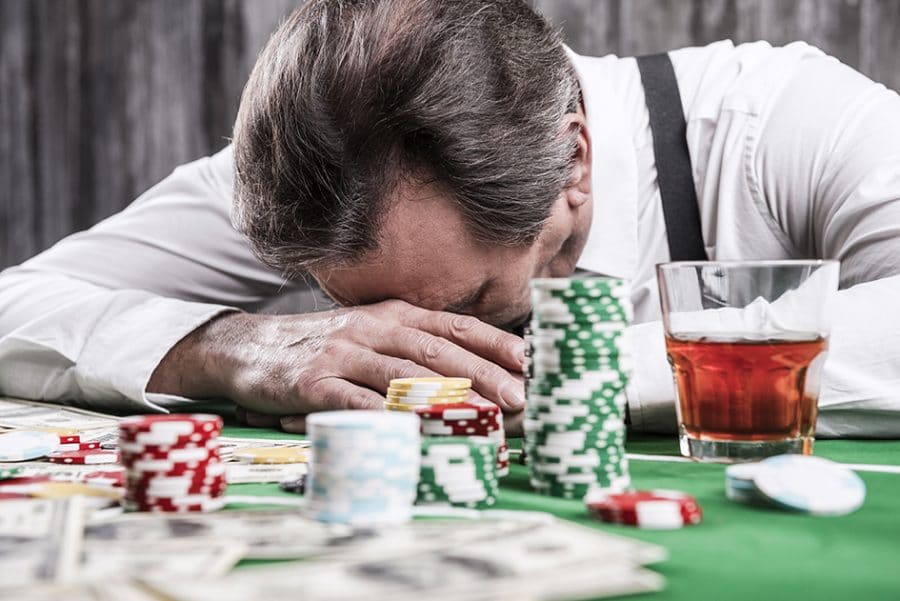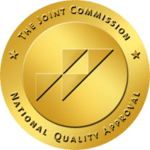
Obsession vs Addiction: What’s the Difference?
Obsession vs addiction can be hard to determine, and many people think they are suffering from one when really it is the other. While obsession and addiction can seemingly walk the same line, there are many differences between them. Understanding obsessive behavior, understanding addictive behavior, what happens when they intertwine and how to get help for both are essential in learning whether it is obsession vs addiction.
Obsession vs Addiction: Understanding Obsessive Behavior
Obsessive behavior is usually rooted in fear. The cycle of obsession begins with an obsessive thought, followed by anxiety, performing a compulsive behavior, ending with temporary relief. However, the next time the cycle begins, the pieces of the cycle are accompanied by stronger anxiety and compulsion. There is a great fear that if the compulsive behavior isn’t performed, something bad will happen.
According to HealthGuide, people suffering from obsessive behaviors fall into one of the following categories:
- Washers. These people are afraid of contamination. They usually have a cleaning or hand-washing compulsions.
- Checkers. Repeatedly check things (oven turned off, door locked, etc.) that they associate with harm or danger.
- Doubters and sinners. Afraid that if everything isn’t perfect or done just right something terrible will happen, or they will be punished.
- Counters and arrangers. Obsessed with order and symmetry. They may have superstitions about certain numbers, colors, or arrangements.
- Hoarders fear that something bad will happen if they throw anything away. They compulsively hoard things that they don’t need or use.
Understanding Addictive Behavior
As opposed to performing behaviors that are rooted in fear, individuals with addictive behavior perform actions because they do not feel satisfied. The lack of satisfaction can come from their home lives, physical pain they are experiencing, or negative thoughts from a traumatic experience. Without using their addictive substance or behavior of choice, they feel as if their lives would be undesirable and not worth living.
In addition, individuals who are suffering from addictive behaviors are also working to constantly escape. Things they could be escaping from are traumatic thoughts or experiences, anxiety, depression, social anxiety, mental illness, and much more.
Ways people try to fulfill their lives through addictive behaviors include:
- Drinking alcohol or using drugs to relax or numb pain
- Shop for unnecessary items, such as clothing or cars, to numb pain or fill a void
- Gamble to win back the money they need
- Excercise to chase an adrenaline high
- Escaping to a fantasy world, such as video games or porn, to numb the pain of their actual reality and feel successful
Can Both Obsession and Addiction Happen Together?
Unfortunately, many individuals suffer from both obsessive behavior and addictive behavior simultaneously. Triggers can cause individual behaviors, or triggers can cause both behaviors to happen at the same time.
Examples of obsession and addiction co-existing include:
- An individual who drinks alcohol may obsess over which glass they drink from
- Someone suffering from drug addiction may obsess over their using ritual
- Someone with a gambling addiction may obsess over which games they play, what they do while they’re playing, and what particular “lucky” clothing item they insist on wearing while gambling
Treatment for Obsession vs Addiction
Luckily, whether the individual suffers from obsessive behavior or from addictive behavior, both types of behaviors are treatable. People can go on living happy, healthy lives free from their obsessive or addictive behaviors. The key to understanding whether or not the issue is obsession or addiction is by being open and honest about all symptoms. By being able to understand each behavior and what it is rooted in, treatment will be more effective.
Behavioral therapy is key for both, with exposure therapy being an important element for obsessive behaviors. By showing the individual that not performing their compulsive behavior won’t lead to anything bad, their brain will become rewired over time.
Addressing the underlying cause is also important for both conditions. Obsessive behaviors can sometimes be genetic, which can be helped with medication. Addictive behaviors can stem from mental illness, which can be treated as well. Whatever the underlying cause is, successful treatment is possible.
About Channel Islands Rehab
Is it obsessive behavior, or is it addictive behavior? They seem extremely similar on the surface, however, the more you explore the reasoning for why an individual performs certain actions, the differences become clear. Luckily, treatment can help both types of behavior and individuals can go on to live free from the vicious cycle their behaviors have held them in.
The Channel Island Rehab Total Immersion Method is not an out-of-the-box approach to addiction treatment, like many other rehabs. It is unique in that it involves specifically around you and your individual, unique needs. No two people’s journeys are the same at Channel Islands Rehab, allowing for the best chances for long-term success.
Complementing these vital treatments and therapies is our powerful, unwavering ring of support. Through these collaborative efforts, we help you to uncover the underlying issues of your addiction. Our ultimate goal is for you to leave the facility strong and confident, with a practical plan for lasting recovery.
At Channel Islands Rehab Treatment Center, we work to make your residential stay pleasant and stress-free. Our beautiful, calming home, located only one-half block from the ocean, gives you an opportunity to relax and reassess your direction in life. The facility overlooks the harbor, providing the most appealing of settings for reconnecting with yourself.
For more information, visit channelislandsrehab.com








